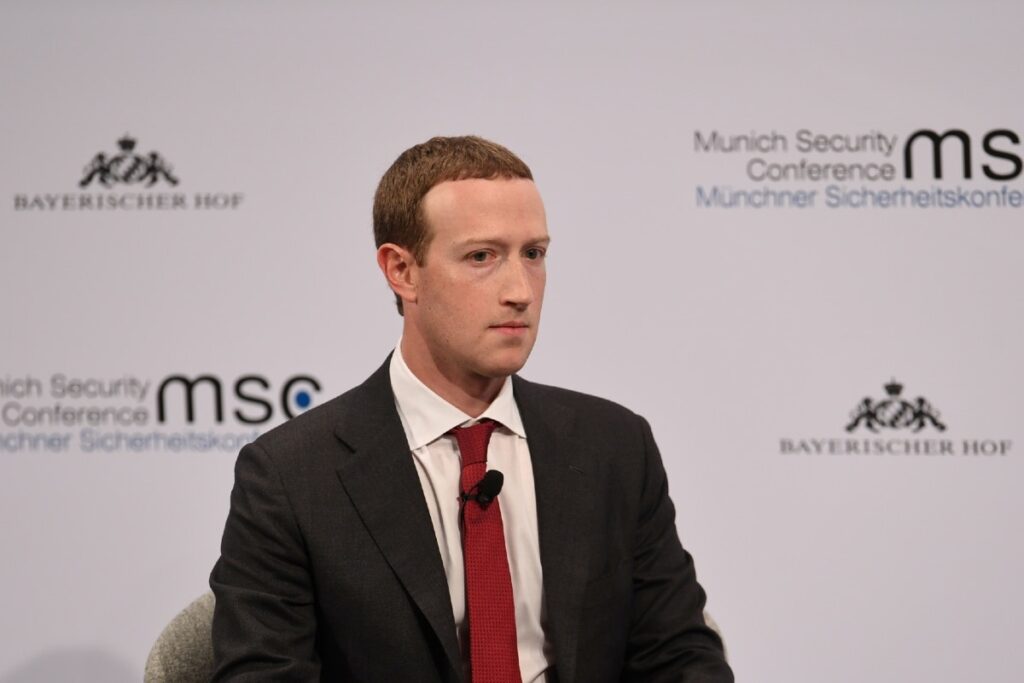Mark Zuckerberg, the CEO of Meta Platforms Inc., is currently facing two dozen lawsuits accusing his company and other social media platforms of addicting children to their products. Zuckerberg recently made his case at a hearing in a California federal court in an attempt to avoid personal liability. However, the judge has yet to make a decision on the matter. If ruled in Zuckerberg’s favor, he would be dismissed as a personal defendant in the litigation, with no impact on the allegations against Meta.
It may be difficult to hold Zuckerberg personally responsible due to a corporate law tradition that typically shields executives from liability, especially in larger companies where decision-making is often decentralized. Nevertheless, a loss for Zuckerberg in this case could open the floodgates for similar claims against other CEOs in mass personal injury litigation.
The allegations against Zuckerberg stem from claims made by young people and parents that he ignored warnings that platforms like Instagram and Facebook were not safe for children and chose not to disclose this information publicly. These cases are just a small part of over 1,000 lawsuits filed against Meta, Google, TikTok, and Snap Inc. by families and public school districts.
Plaintiffs argue that as the face of Meta, Zuckerberg has a responsibility to fully disclose the risks that Meta’s platforms pose to children’s health. They quote the famous line from Spider Man comics, “With great power comes great responsibility,” to highlight their point. However, Zuckerberg and his legal team argue that as the CEO, he cannot be held personally responsible for the actions of the corporation.
US District Judge Yvonne Gonzalez Rogers challenged both parties during the hearing, questioning whether Zuckerberg was required to disclose safety information to users without a “special relationship.” She also discussed the varying laws around corporate officer responsibility and how they apply to Zuckerberg.
Zuckerberg, as Meta’s largest shareholder and with sole voting control, is also facing potential personal liability in a separate lawsuit related to the Cambridge Analytica data privacy scandal. Proving executive liability typically hinges on showing involvement in day-to-day decisions or knowledge of the practices at issue.
As social media companies face increased scrutiny for their impact on mental health and the spread of explicit content, cases like these are shedding light on the responsibilities of executives in these platforms. Zuckerberg’s case could set a precedent for how CEOs are held accountable for the actions of their companies moving forward.


